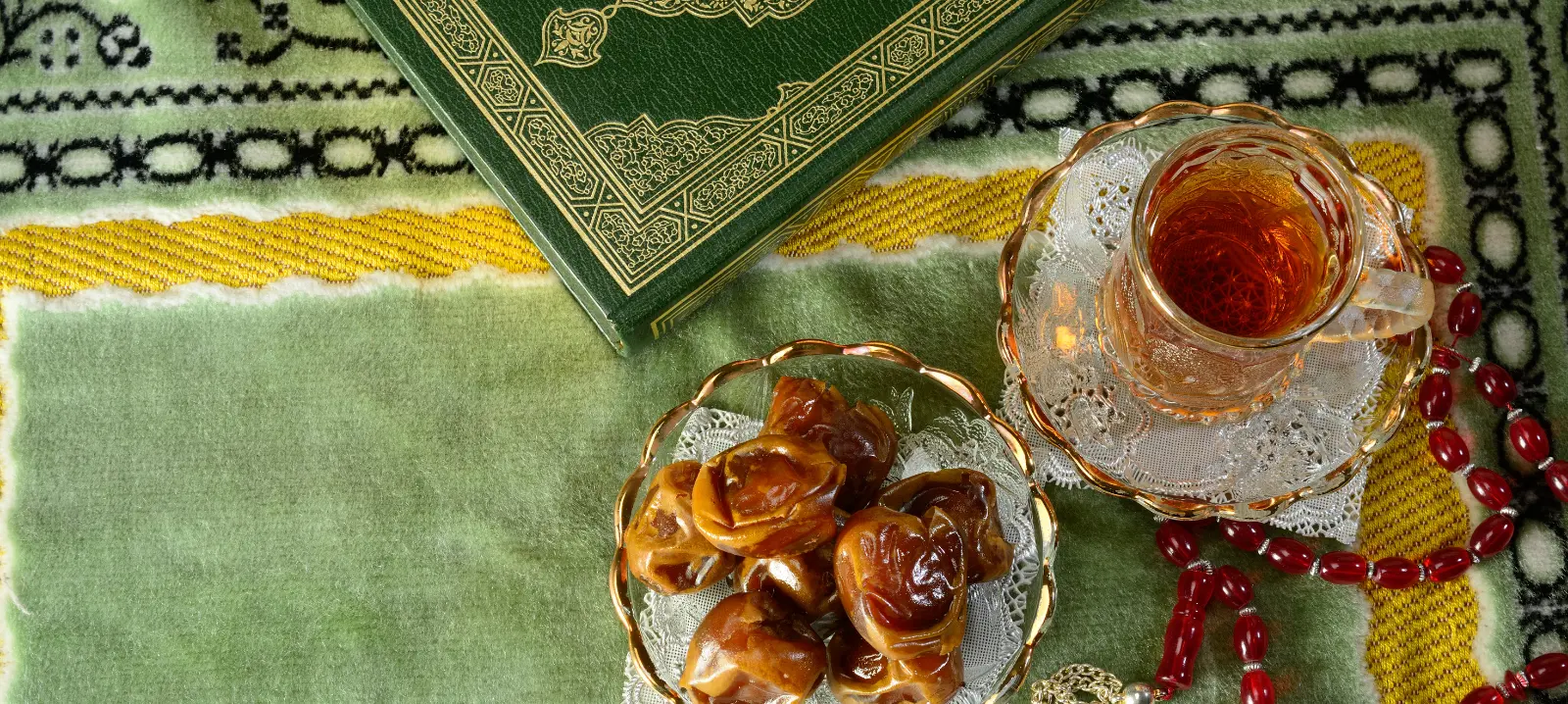Let’s be honest, Dhul Hijjah often arrives quietly.
We know about Ramadan. We prepare for it. But Dhul Hijjah? It arrives when we’re caught in the middle of work, routines, or just life in general. And yet, these ten days are considered some of the most blessed in the entire Islamic calendar. And one of the simplest, yet most powerful ways to honor them? Fasting.
Not everyone can make Hajj. But fasting during these days, particularly on the Day of Arafah, opens the door to incredible spiritual benefits. It’s a kind of sacred pause, a reset.
The Prophet ﷺ said:
“There are no days in which righteous deeds are more beloved to Allah than these ten days.”
(Sahih al-Bukhari)
That includes prayer, charity, dhikr, and yes, fasting. Imagine being given a divine window where your small acts weigh more heavily than usual. That’s what these days offer.
But among them, the 9th day, the Day of Arafah, stands out. And for good reason.
If you’re not among the pilgrims standing on Mount Arafat, you still have a way to connect deeply to the mercy of that day.
The Prophet ﷺ said:
“Fasting on the Day of Arafah expiates the sins of the previous year and the coming year.”
(Sahih Muslim)
That’s two entire years of forgiveness. Let that sink in.
Whether you’re at work, home, or even on the go, that one act, that single fast, can wipe the slate cleaner than you’d expect. It’s humbling. It’s generous. And honestly, it feels almost unbelievably generous. But that’s Allah’s mercy.
There’s something about fasting, the hunger, the slowness, the inward pull, that forces you to listen to what’s really going on inside. You reflect more. Speak less. Pause before reacting. Allah (swt) creates this subtle stillness in you.
Allah’s Apostle ﷺ said, “Allah said, ‘All the deeds of Adam’s sons (people) are for them, except fasting, which is for Me, and I will give the reward for it.
No one sees it. No one knows if you’re doing it. It’s not performative. Fasting is personal. That hidden sincerity? It’s powerful.
Hunger softens the heart. You start to remember those who live like this, not by choice. And that shift? That empathy? It pushes many of us toward charity, toward action.

Here’s the thing: Fasting in Dhul Hijjah doesn’t ask for much. It’s quiet. It doesn’t require a platform, a group, or even a big announcement.
But paired with giving, it becomes something extraordinary. Imagine fasting for Allah’s pleasure and, at the same time, feeding a hungry family. That’s a cycle of mercy.
Give Sadaqah Alongside Your Fast. Let your fast be matched with generosity.
Fasting might not be an option for those who are pregnant, nursing, menstruating, or those for whom fasting would cause harm. But remember: the door to good is never closed.
You can:
That still counts. That still matters.
Maybe you miss a day. Maybe you forgot suhoor. Maybe your energy’s low, your routine’s off. That’s okay.
The goal isn’t a perfect checklist. Its presence. Intention. Returning to Allah with even the smallest act of love and sincerity.
At Human Concern UK, we believe sacred moments like Dhul Hijjah shouldn’t just change individuals, they should change communities. When you fast, you grow inwardly. But when you give alongside your fast, you help someone else grow outwardly, with food, shelter, and hope.
That’s why we focus on:
Your fast is between you and Allah. But your charity? That’s where someone else feels your presence, even from across the world.
Donate Now – Make Your Fast Count for More Than Just You

No, it’s not obligatory, but it’s highly recommended (Sunnah). Especially the 9th day, the Day of Arafah, for those not performing Hajj.
Yes, absolutely. If you can’t fast all nine days, just try not to miss the 9th. The reward of that day alone is massive.
While there’s no one set du’a, you’re encouraged to increase in dhikr, especially Allahu Akbar, Alhamdulillah, La ilaha illallah, SubhanAllah, and make personal du’a sincerely.
Yes! Fasting isn’t the only way to earn reward. Women who are menstruating can still:
Make heartfelt du’a
Fasting during Dhul Hijjah isn’t just a ritual. It’s a chance to pause and say, “Ya Allah, I’m here. I want to grow.”
You may not be on Hajj. You may not be perfect. But your efforts, your fast, your charity, your intention, they all matter. These days are a gift. Use them.
Let this Dhul Hijjah be the one that shifts something in your heart, and in the life of someone who needs your help.